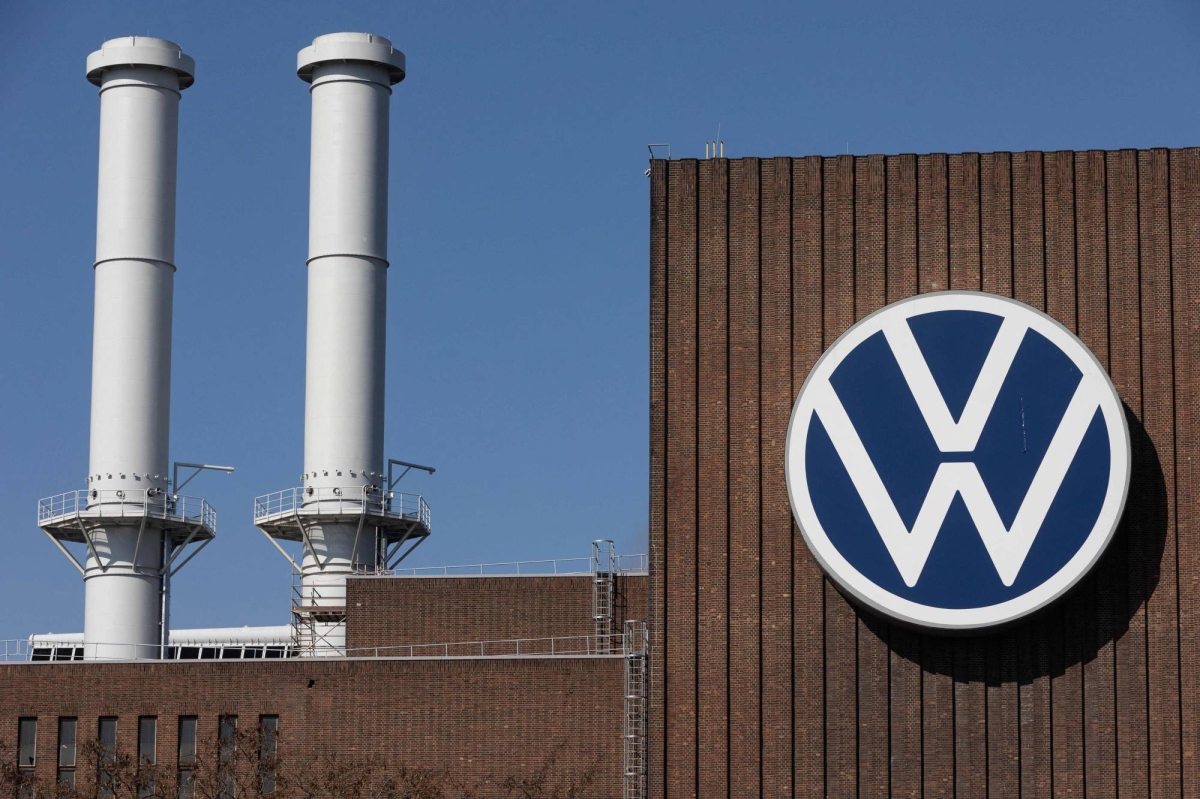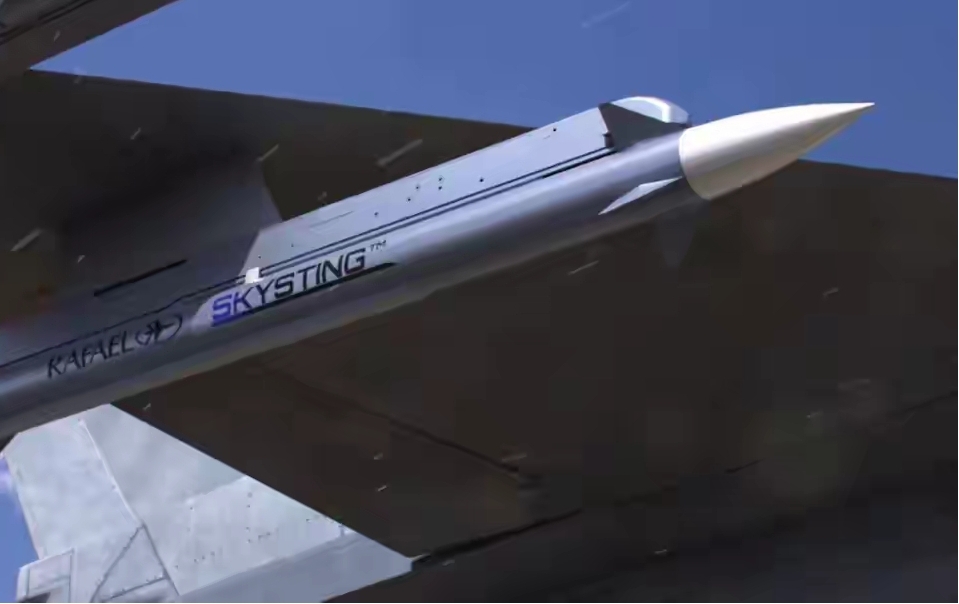
In the map of the global automobile manufacturing industry, Volkswagen (VW) has always occupied a pivotal position. However, the recent news that Europe's largest carmaker is considering closing its iconic plant in Wolfsburg, Germany, not only for the first time in its 87-year history, but also for the first time since it closed its Westmoreland plant in Pennsylvania in 1988, has sent shock waves through the industry. Behind this move is a combination of factors such as declining sales, rising costs and intensifying market competition.
Volkswagen's troubles have not been solved overnight, and their roots can be traced back to the "dieselgate" scandal a decade ago. In 2015, it was revealed that Volkswagen had used software to tamper with emissions test results so that its vehicles emitted far more pollutants than the standard level in actual use. The incident not only severely damaged VW's brand image, but also led to it paying out around 30 billion euros in compensation worldwide, dealing a huge blow to the company's finances.
Despite VW's efforts to repair its image and increase investment in electric vehicles since then, changes in the market have not gone as smoothly as expected. In recent years, with the enhancement of global awareness of environmental protection and the rapid development of electric vehicle technology, the electric vehicle market has ushered in unprecedented growth opportunities. For traditional carmakers such as Volkswagen, however, the road to transformation has not been easy. On the one hand, the development and production cost of electric vehicles is much higher than that of traditional fuel vehicles; On the other hand, changes in market demand also require enterprises to constantly adjust production strategies and product layout.
Another serious challenge for Volkswagen is falling sales. Especially in the European market, due to the economic downturn and the decline in consumer purchasing power, car sales have shown an overall downward trend. According to the German Automobile Industry Association (VDA), sales of electric vehicles in Germany fell by more than 20% in the first eight months of this year compared with the same period last year. This data not only reflects the weakness of the European electric vehicle market, but also exposes the lack of market competitiveness of Volkswagen in the field of electric vehicles.
At the same time, Volkswagen is also facing pressure from rising costs. With rising raw material prices and increasing labor costs, the total cost of automobile production keeps climbing. To remain competitive in the market, VW has had to respond by raising prices or cutting costs. However, in the current market environment, raising prices may further inhibit sales growth, while reducing costs requires greater efforts in technological innovation and production management.
In addition to internal factors, Volkswagen is also facing competitive pressure from outside. With the rise of new electric vehicle forces such as Tesla and the accelerated layout of traditional car manufacturers in the field of electric vehicles, the market competition is becoming increasingly fierce. To meet this challenge and maintain its competitive edge, Volkswagen has had to make strategic adjustments.
On September 2, Volkswagen announced that it needed to restructure its namesake brand in response to the current crisis. As part of the restructuring plan, the company said it would consider closing one or two assembly plants in Germany to save costs and improve production efficiency. This decision is difficult but necessary because it is directly related to the future survival and development of Volkswagen.
The closure of Volkswagen's German plants immediately triggered a strong reaction from the German auto workers' union (IG Metall). Union members accused Volkswagen's management of mismanagement, putting profits ahead of the company's sustainability and neglecting workers' interests. They vowed to fight job cuts and demand that the company take a more responsible approach to the current predicament.
The union is currently negotiating a new wage deal with VW, demanding not only no job cuts but also a 7% pay rise. However, in the face of rising costs and fierce market competition, the management of Volkswagen said that these requirements were difficult to meet. Talks between the two sides have stalled and the German metalworkers' union has threatened to go on strike in early December if no compromise is reached.
Volkswagen's decision to close factories in Germany will have a significant impact not only on the company itself but also on the German economy. As one of the important pillar industries of Germany, the automobile industry has created a large number of jobs and tax revenue for the country. The closure of the Volkswagen plant will result in massive job losses and a shock to the local economy. In addition, the decision could trigger a chain reaction in the supply chain affecting other companies that rely on Volkswagen and its employees to do business.

When Israel's Rafael company's "Sky Stinger" over the horizon air-to-air missile completes compatibility testing with India's "Glorious" fighter jet, and officials from both countries frequently release positive signals about defense cooperation, whether India will purchase this sixth generation missile with a range of 250 kilometers has escalated from a purely military procurement issue to an important window reflecting the geopolitical game in South Asia and the India Israel strategic relationship.
When Israel's Rafael company's "Sky Stinger" over the horiz…
On October 20th local time, the Council of the European Uni…
At 3:11 a.m. Eastern Time on October 21, the health status …
Recently, according to Road News, Samsung has reached a str…
On a weathered wall amid the ruins of Gaza City, a scribble…
Recently, the U.S. regional banking system has been thrown …